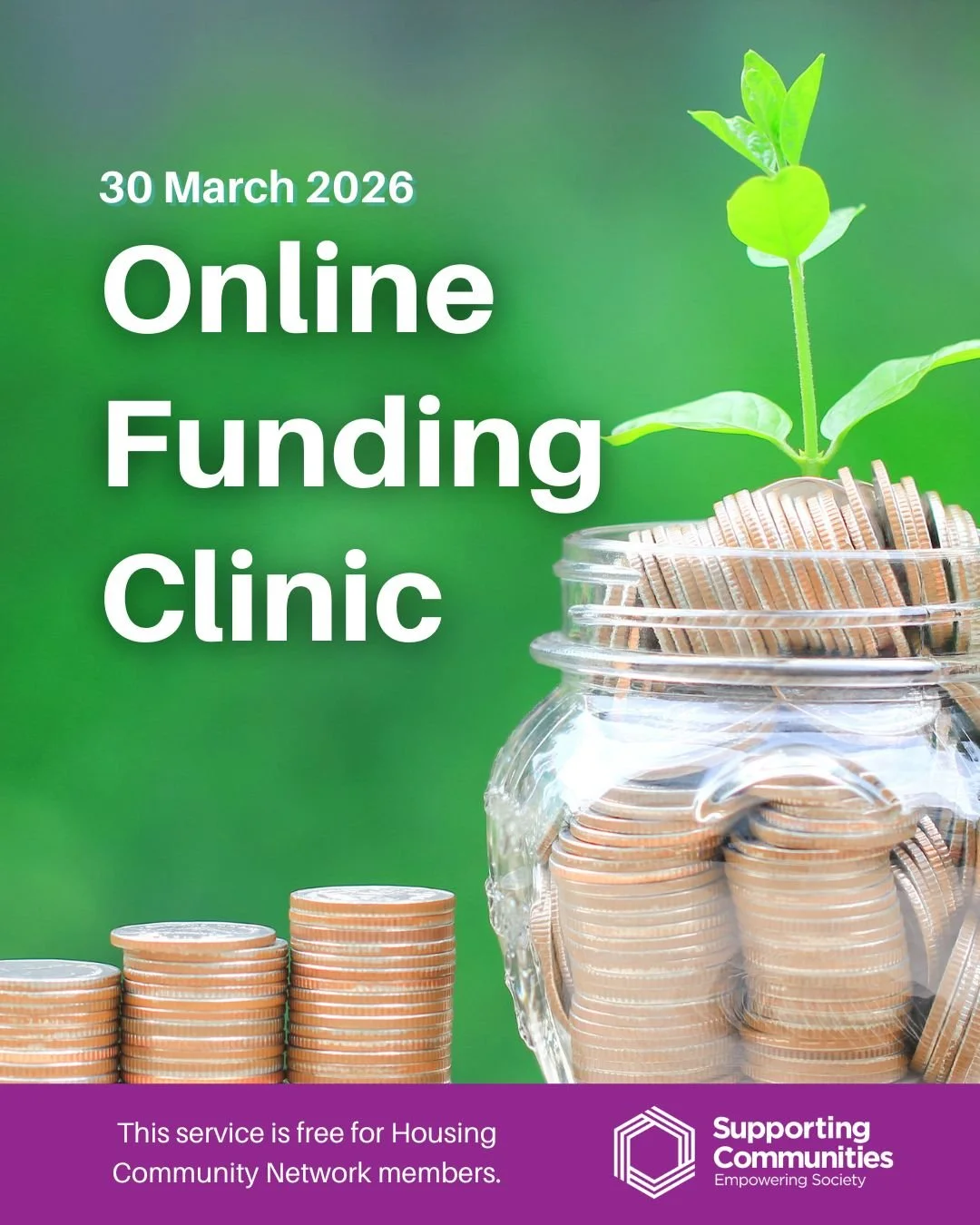Digital Skills Pilot Project Targets Rural Communities
/Digital Inclusion Officer Stef Trains participants at a community Centre over Zoom
According to a recent report prepared by the Good Things Foundation (2020), 22% of the UK population do not have the digital skills needed for everyday life and Northern Ireland continues to be one of the most digitally excluded parts of the UK.
We know that people living in rural areas are even more likely to be excluded by the digital divide for a combination of reasons including an older-than-average population, poor access to skills training, and frustratingly slow internet speeds.
With the rollout of Project Stratum to rural areas throughout Northern Ireland, we seized on the opportunity to reach digitally excluded people who now, for the first time, will be able to access high-speed broadband. We were thrilled to partner with DAERA which provided funding to pilot a project supplying tablets and training to 50 people from eight rural communities.
Representatives from Hyperfast Ni tell particpants about Project Stratum
We had an overwhelming response from rural community members wanting to take part, far more than the 50 places which were available. There is clearly a huge demand for this provision in rural areas.
Over the course of six weeks, Supporting Communities staff provided Zoom sessions covering essential digital skills such as staying safe online, emailing, shopping online, and how to access public services.
The 8 groups that took part in this pilot project were:
Glenelly House Group
“I wouldn’t have been able to navigate my tablet without the training. I really found the sessions on scam safety, how to download apps and how to access LibrariesNI of great benefit.”
Eager Learners!
The groups showed great progress even after just six weeks. Before the course, most of the participants rated their digital skills as “not great” or “poor”. Afterward, only 8% felt that way. 83% say they now use the internet more and 92% say their skills have improved as a result of this project.
“Digital inclusion means having access to the internet and the skills and confidence to use it well,” said Supporting Communities Digital Inclusion Officer Stef McKillop. “This project addresses both and has made a real impact on people’s lives. Over the pandemic, I saw first-hand the difference that it made to those who could manage their affairs and stay in contact online compared to those who did not have the skills to do so. The experience has only served to reinforce how crucial digital literacy is to our mental, social, emotional, and financial wellbeing.”
“I have gained more information about shopping online and not to pass on my personal data when asked. I found details of protection very valuable. I did not know that I could use the library links for reading books as I drive along.”
Gareth Evans, Deputy Director of Rural Affairs at DAERA, commented, “We understand that digital exclusion can limit communities and that it is crucial that everyone is given the opportunity to gain essential digital skills. We have made a significant investment in ensuring broadband reaches every part of Northern Ireland so we are delighted to be working with Supporting Communities to help rural communities make the most of the internet and reap all the benefits it can bring.”










